Tripping Over Research
By Kathryn Lane
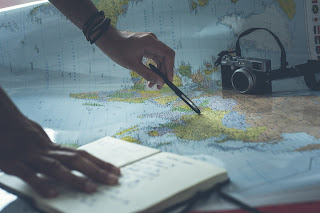 |
| Planning a research trip! |
Research is a must for scientists and academic writers who
either “publish or perish”. And it’s also a necessary activity for people who
pen non-fiction, historical fiction, and science fiction.
But what about genre writers?
To me, authenticity is important in novels. Without it,
readers lose interest. Plot, characters, setting, and time period are important
elements that often should be augmented with research. For example, a character
with a particular illness must be presented authentically, so research of
symptoms and treatments could be important.
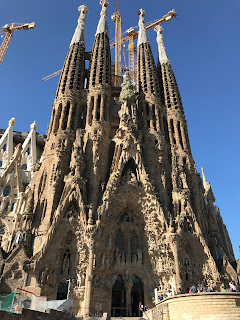 |
| Sagrada Familia Basilica |
As a suspense and mystery author, I delve into police
procedures, murder weapons, guns and how to use them, and even the interior of
ambulances. Settings form an important element in my novels ─ I often place my stories in foreign countries. To make the
reader feel they are experiencing that locale, I do online research. Before
completing a manuscript, I take a trip, camera in tow, to check out my
locations. I want to verify I’ve described the environment as accurately as
possible, including geography, culture, architecture, historical facts, or even
practical items such as how the police are organized in another country.
Before completing my last novel, Revenge in Barcelona,
my husband and I traveled to Spain. We spent time imbibing the culture, sampling
the food, verifying historical tidbits, and touring architectural sites I’d built
into the story. Plus a friend in Barcelona set up a meeting with an
antiterrorism agent (who remained anonymous) to discuss the various police and
counterterrorism forces working in Catalonia, the part of Spain where the tale
happens.
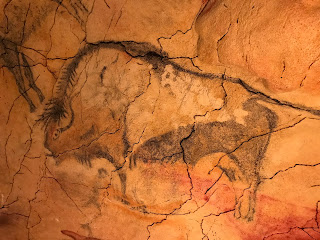 |
| Cave Art from Aurignac |
Early in the manuscript, I had protagonist Nikki Garcia and
her fiancé visit Franco-Cantabrian caves containing paleolithic art. I’d built scenes where the
antagonist followed them, just out of sight, through these isolated parks. I’d
personally visited the caves to get them right. While editing the manuscript, I
realized the cave section did not fit the story or add real intrigue. It was an
information dump. So I cut that adventure, retaining only a couple of passing mentions
to the antiquity of cave art since it’s in keeping with Nikki’s character and
her love of ancient archaeological history.
How did I realize I had an info dump? Following my rule that
research incorporated into fiction should be balanced, I’d highlighted my
research in yellow as I wrote to keep track of it. Upon editing the work, the
unnecessary research popped out ─ I was literally tripping over my
research.
***
Have you
ever researched so intensely that you’ve incorporated an information dump into
your writing?
***
Photo credits: Map – courtesy of
glenn-carstens-peters-ZWD3Dx6aUJg-unsplash.
Façade of
Sagrada Familia Basilica, Cave Art from Aurignac, and Nikki Garcia Trilogy by
Kathryn Lane.
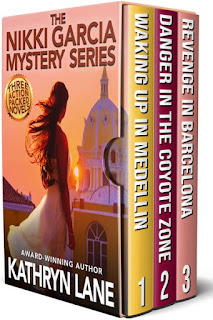
Kathryn’s
books –
The Nikki Garcia Mystery Series and her short story collection – Backyard
Volcano. All available on Amazon. https://www.amazon.com/dp/B082H96R11
Kathryn Lane started out as a starving artist. To earn a
living, she became a certified public accountant and embarked on a career in
international finance with a major multinational corporation. After two
decades, she left the corporate world to plunge into writing mystery and
suspense thrillers. In her stories, Kathryn draws deeply from her Mexican background as well as her travels
in over ninety countries.



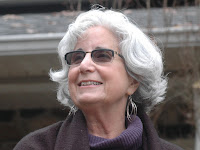
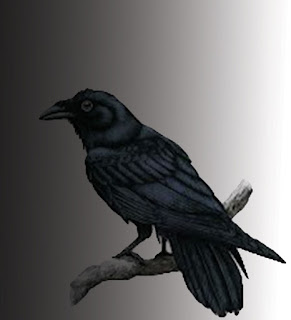
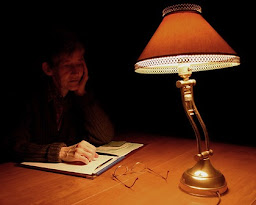
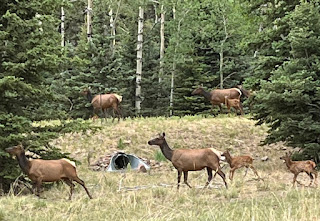
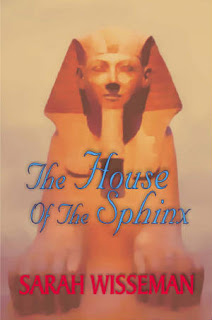
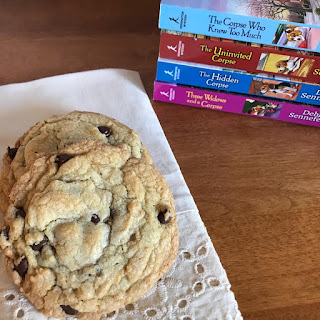
Highlighter! Good idea.
Thank you, Gay!
Information dumps are the easiest thing to do when we get caught up in learning about something new. Your method of highlighting is one of the best to catch them.
Thanks, Debra. I've learned the hard way how easy information dumps can be!